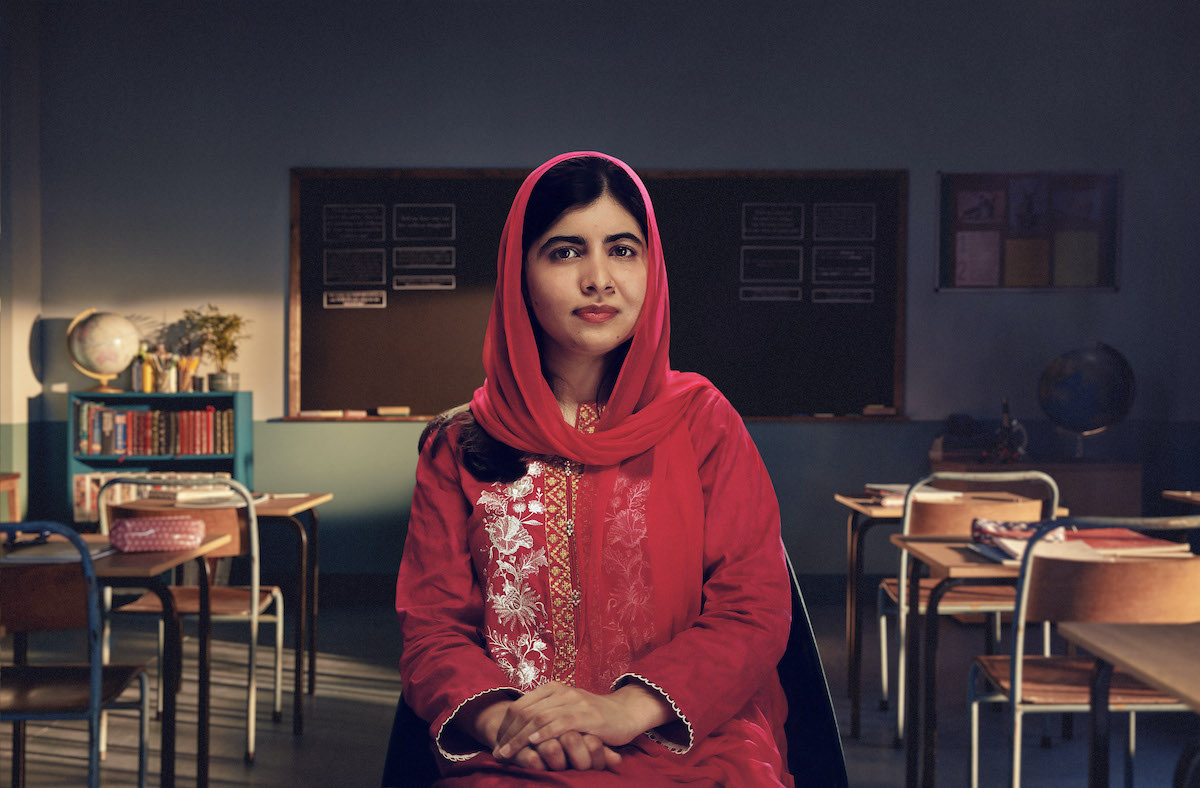Malala Yousafzai Story: A Timeline of the Activist’s Life
Written by MasterClass
Last updated: Aug 31, 2022 • 3 min read
From delivering a powerful speech at the United Nations Youth Assembly to starting her own foundation, Malala Yousafzai’s story includes incredible feats. Here’s a breakdown of the Nobel laureate’s life and activism.
Learn From the Best
Who Is Malala Yousafzai?
Malala Yousafzai is an activist and Nobel Peace Prize laureate known for advocating for girls’ education. Malala was born on July 12, 1997, in Mingora, Pakistan, the largest town in the Swat Valley region. Growing up, she loved going to school but found that her ambitions conflicted with the norms that granted boys greater privileges in her society.
When she was eleven, Malala and her family fled their home to nearby Shangla, Pakistan, as the Taliban took over Mingora. Malala began blogging under a pseudonym for a British Broadcasting Corporation (BBC) blog, where she expressed her fears and anxieties about the toll of the ongoing war in Pakistan. Months later, they returned to Swat Valley.
Malala’s unabashed critiques caught the attention of the Taliban. Malala heard rumors that she might become a target. In the fall of 2012, a gunman jumped onto a school bus, which was transporting Malala, and shot her in the head. She survived the attack, but her road to recovery was harrowing; she had to relearn how to walk and talk, and she underwent numerous surgeries to restore nerve function to her face and repair her fractured skull. Still, with the unflinching support of her family and friends, Malala thrived.
A Timeline of Malala Yousafzai’s Life and Activism
Malala has fought for girls’ education and made history. Here is a breakdown of her life and activism:
- Early life: Malala was born in 1997 in Mingora, Pakistan, to Ziauddin Yousafzai and Toor Pekai. They raised their daughter to believe in her voice, a decision that left an indelible mark on Malala.
- Hostile takeover: The Taliban took over Mingora in 2007, which led to an increase in violence, destruction of schools, and the deaths of politicians, creatives, and soldiers. Malala and her family fled to Shangla, Pakistan when she was eleven. During this time, Malala and her father spoke out against the Taliban. A few months later, they returned to Swat Valley. In 2012, Malala became a target when a gunman jumped onto a school bus and shot her in the head. She survived the attack, but the education activist had a long journey toward recovery.
- United Nations Youth Assembly: Just ten months into her recovery, in a moment that stunned the world once again, Malala appeared before the United Nations Youth Assembly to deliver an inspiring and defiant message: “Dear Friends, on the ninth of October 2012, the Taliban shot me on the left side of my forehead. They shot my friends, too. They thought that the bullets would silence us. But they failed. And then, out of that silence came thousands of voices.”
- Malala Fund: In 2013, Malala launched the Malala Fund, an international nonprofit organization championing girls’ education. The Malala Fund continues to invest in education advocates and activists across the globe—including in Afghanistan, Brazil, Ethiopia, India, Lebanon, Nigeria, Pakistan, and Turkey—so they can challenge policies and practices that prevent girls from attending schools in their communities.
- Autobiography: Malala’s autobiography, I Am Malala: The Girl Who Stood Up for Education and Was Shot by the Taliban, came out in 2013. Co-written with Christina Lamb, the book tells her story in five parts.
- Nobel Peace Prize: On December 10, 2014, before a packed audience at the Oslo City Hall in Norway, Thorbjørn Jagland, then-chairman of the Norwegian Nobel Committee, called upon Malala to deliver her now-famous Nobel Lecture. Malala had won that year’s Nobel Peace Prize, and as she made her way to the podium, she received a standing ovation. At just seventeen years old, she was the youngest person, the first Pashtun, and the first Pakistani to receive the award. Her impassioned speech challenged governments and individuals alike to reconsider their shared responsibility to protect every girl’s right to an education.
- University: Malala earned a degree in philosophy, politics, and economics from the University of Oxford in England.
Want to Make an Impact on Your Community?
You don’t need a big platform to make a difference. Gain access to the MasterClass Annual Membership for exclusive lessons from Malala Yousafzai and learn how your small actions can help build a movement.
